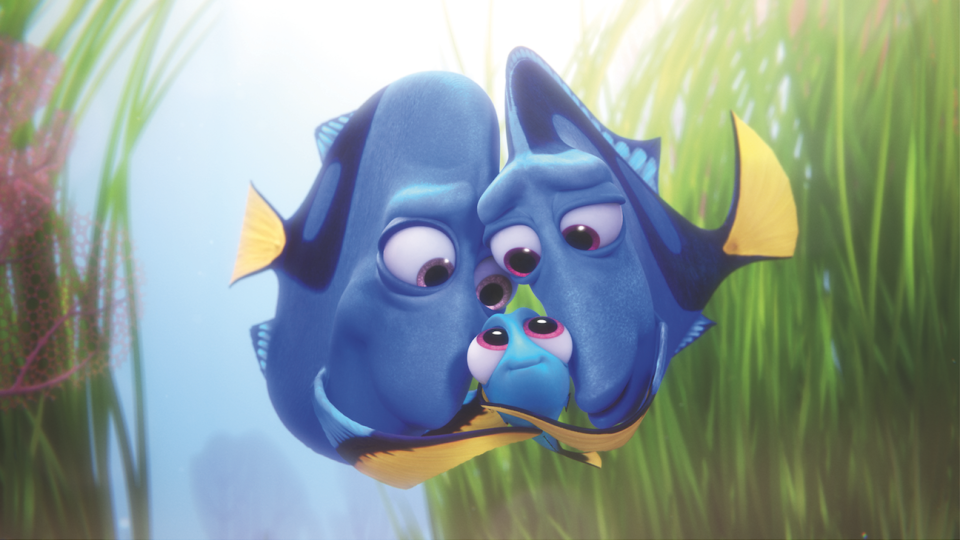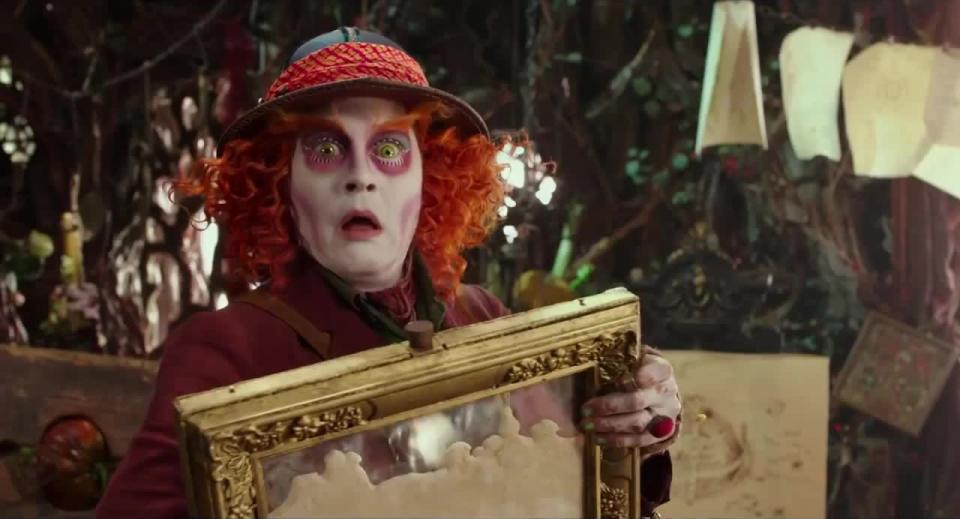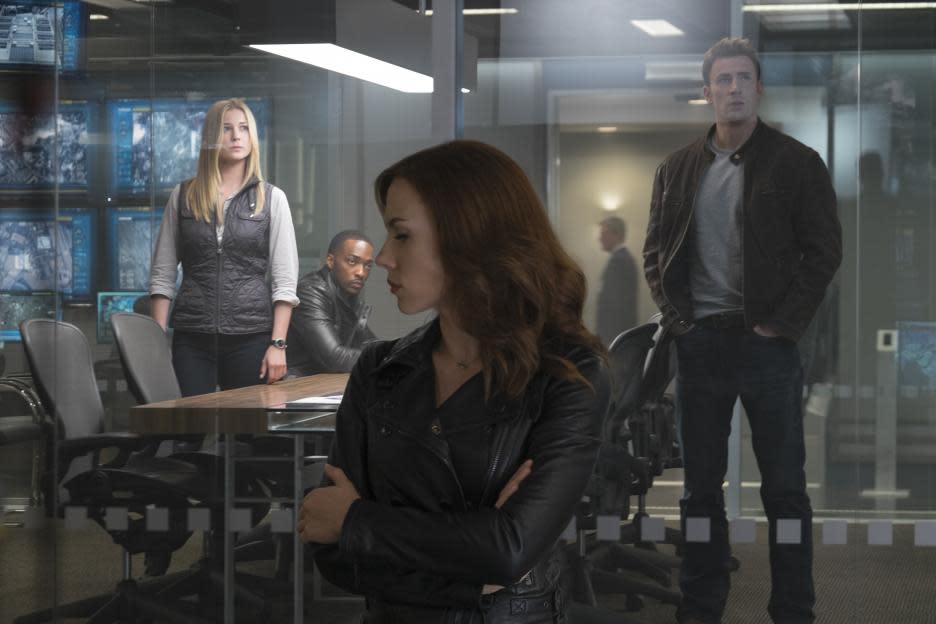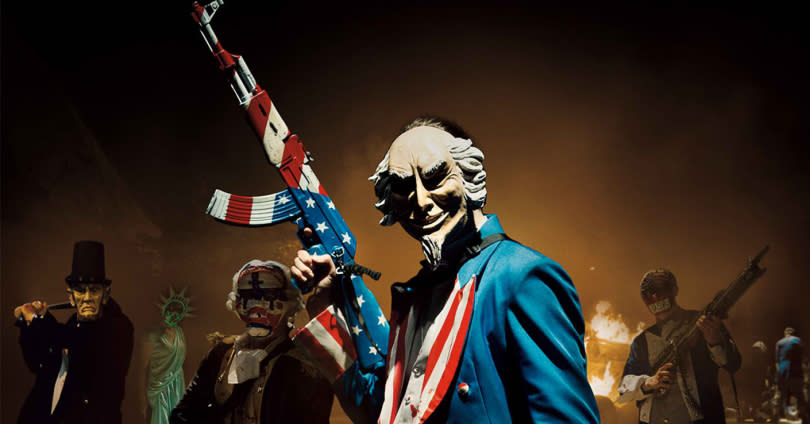Summer 2016 Box Office: Are Sequels, The Critics Or Bad Movies To Blame?

There’s been a lot of talk about sequelitis this summer, and how can there not be? The studios released a whopping 14 sequels. The last time that many hit the screen was 13 years ago.
With only four out of 14 sequels opening to greater numbers than their previous installments’ debuts — Disney’s Finding Dory ($135M opening), Captain America: Civil War ($179.1M), Universal/Blumhouse’s The Purge: Election Year ($36.1M) and Uni’s Jason Bourne ($59.2M) — the misconception is that sequels were a drain on summer ticket sales and part of a larger systemic problem at the major studios.
The stats show otherwise. Exactly half of the sequels this summer (seven) cleared $100M to 2015’s four, while all together sequels grossed close to $2B, a figure that not only beats their $1.8B haul last summer (that includes Jurassic World‘s $652.3M), but reps 45% of summer’s projected $4.49B total ticket sales.

Should we hit that figure by Monday, it will rank as the second best summer after 2013’s $4.75B all-time record. However, anything less than that puts us behind last year’s $4.48B according to ComScore. Now, summer 2015 had the advantage of an extra week in the calendar, and if we compare it frame-to-frame, 2016 is even. But most folks at the studios like to compare the first 118 days of each summer which shows us +3%.
Sequels have been around for the last 100 years ever since The Fall of the Nation, the follow-up to D.W. Griffith’s 1915 The Birth of a Nation, was released. And they’re not going away any time soon. What’s on the schedule next summer? Eleven sequels starting with Disney/Marvel’s Guardians of the Galaxy: Vol. 2. on May 5, 2017. That’s the same amount released in summers 2014 and ’15.
One financier declares “that a slate of sequels is still a better bet” than original movies. When it comes to sequels, they’re less risky than original fare given their built-in awareness, not to mention a studio’s finance department has already braced itself with a model of diminishing returns. Should a sequel clear $100M-plus at the domestic B.O., its film profit ratio defined as TCCR (total cash on cash return or total revenues across all ancillaries divided by net costs) can be quite high, i.e. Jurassic World (2.29), Avengers: Age of Ultron (1.98), Mission: Impossible – Rogue Nation (1.84) and even a low-grossing threequel like 2013’s The Hangover 3 (1.64) have posted excellent to decent TCCRs.
No, the sequels didn’t have executives worried this summer. In fact, Lionsgate is certain they’ll make money on Jason Statham’s low grosser Mechanic: Resurrection ($15.5M). However, film reviewers did make a number of brows sweat in the Southland. Many insiders acknowledge aggreator sites’ –specifically Rotten Tomatoes– growing impact on a movie’s ticket sales. Quite often a cookie-cutter action movie with the greatest number of explosions would be Teflon against some of the worst reviews. But the rat-pack nature of fanboy sites melding with high-brow metropolitan critics continue to make dents in a picture’s ability to open and hold. The gap between beaming audience reactions and cynical tweeds grows wider, with the latter winning out. Some argue that 20th Century Fox’s X-Men Apocalypse‘s lower-than-triple digit Memorial Day opening ($79.8M) resulted from the studio showing off the comic book movie too far in advance to a jaded bunch. A once burned-twice learned scenario for Fox, they then held Independence Day: Resurgence from U.S. critics until its opening day so opening weekend wouldn’t be dinged.

Discrepancies between pic’s CinemaScores and bad reviews abounded. Disney’s Alice Through the Looking Glass and Paramount’s Teenage Mutant Ninja Turtles: Out of the Shadows both earned A- CinemaScores, but that wasn’t enough to counter their respective bad reviews of 30% and 38% on RT. This ultimately resulted in dismal debuts and final B.O.s for both pics. Many thought Suicide Squad‘s under 35 A- CinemaScore would prevent it from a steep tumble a la Batman v. Superman: Dawn of Justice, but the DC villain ensemble which was blasted by critics at 26% dropped -67% in its second weekend. Warner Bros. remains resilient about this: Suicide Squad was the gas that fueled this August to $1B at the B.O. (a photo-finish with 2014’s record) and also propelled Warner Bros.’ domestic summer B.O. +40% over the same frame last year.
Explains 20th Century Fox distribution chief Chris Aronson, “It’s not individual reviewers impacting business as in the past, but rather the amalgamation of reviews that cater to the instant-gratification/google-instant-answer world that audiences live in now. That review consolidation world is a double edged sword that can work for you but can work mightily against you.”
The summer’s top grossing movies with projections through Labor Day Monday:
|

Then there are other studio executives who don’t blame sequels or critics on summer’s static ticket sales, rather “just bad movies.” exclaims one bluntly, adding “If you look at each one that didn’t work, you’ll see their individual problems.” Why make a long-waited Independence Day sequel without Will Smith? Was there really a greater universe that lent itself to higher stakes in Uni’s party animal pic Neighbors 2: Sorority Rising or in the magician heist sphere of Lionsgate’s Now You See Me 2? The problem with Sony’s $144M budgeted Ghostbusters wasn’t the fact that it starred females or wasn’t connected to the 1980s films, but rather that an R-rated comedy team (Paul Feig, Melissa McCarthy, Kristen Wiig) was sent in to do a PG job. With an A- CinemaScore and 83% Rotten Tomatoes score, Paramount/Skydance’s Star Trek Beyond cannot be deemed ‘bad’, but the threequel’s global B.O. of $286M currently trails its predecessor Star Trek Into Darkness by more than $180M as of today. Compare that to the first two Bad Robot Star Treks which saw a 21% rise in worldwide ticket sales between its 2009 and 2013 version. Beyond still has more territories such as China and Japan to play in, though clearly moviegoers felt the difference in storytelling styles between the first two films’ director J.J. Abrams and scribes Roberto Orci, Alex Kurtzman and Damon Lindelof and the third’s helmer Justin Lin and writers Simon Pegg and Doug Jung. It’s a cornerstone franchise for the Melrose Lot, they don’t feel it’s broken, and they’re proceeding with a fourth one keeping its young, Enterprise cast intact with Patrick McKay and John D. Payne writing, and Chris Hemsworth returning as Captain Kirk’s father.

“Certainly there have been more sequels than ever in the last few years. It’s not always easy to pinpoint why one sequel works and another doesn’t, but quality and timing are both important factors,” observes Disney theatrical distribution EVP Dave Hollis whose studio not only owns the best marketshare of the summer ($1.19B, +10% over last summer) and 2016 to date ($2.1B), but the top three grossing movies as well with five-quad draws Finding Dory ($482.4M), Captain America: Civil War ($407.9M) and The Jungle Book ($363.7M of which $100.45M was made during the summer).
In fact if anyone in town wants to know how to pull a sequel off successfully, just look at Disney which has largely built its business on strong brands. The fact that a sequel arrives 13 years after its predecessor and grosses 27% more than its first title is amazing and continues to underscore the studio’s ability to harness nostalgia eloquently across generations. Meanwhile, Marvel with its infinite interloping superhero stories, doesn’t just settle for hanging its hat on triple-digit opening weekends, but ensures that each chapter of its infinite universe wows both critics and the masses. Yes, there was Alice 2, but you can’t deny that Disney has an excellent track record in the franchise business.
Adds Hollis on sequels, “You also are better off when you are coming from a solid foundation, and that’s where brand equity can play a role. Moviegoers are presented with multiple choices at the box office, and when they see something from these five producing brands – Disney, Disney Animation, Pixar, Marvel, Lucasfilm – not only do they know what they’re going to get and what they’re not going to get, but there’s an annuity of quality as well.”

Another genre this summer that built up its brand credibility at the B.O. was horror. Talk about sequels with massive depreciating returns, and usually horror films come up. But not this summer. With $102.5M for Conjuring 2, Warner Bros./New Line have a rather strong franchise.
Universal/Blumhouse’s The Purge: Election Year ranked as that series’ highest grossing chapter ($79M). Meanwhile thrifty scares like Warner Bros./New Line’s Lights Out ($5M cost, $65.7M domestic) and Sony/Screen Gems/Studio 6’s Don’t Breathe ($10M cost, $54.2M current stateside cume) connected with their crowds and are bound to sprout new franchises.
Why the sudden uptick with horror? Horror producing impresario Jason Blum explains, “Scary movies have always been a great genre to express something different or dark — especially since they tend to not have the pressure of huge budgets. When you have visionary filmmakers like James DeMonaco, James Wan and Fede Alvarez at the top of their games, you are going to get unique, original movies that break out by smuggling original ideas into old forms.”
So even though summer didn’t clear a record $5B this year, what if Deadpool, Zootopia, Batman v. Superman and Jungle Book were added to this summer’s roster? Combined they grossed $1.4B, and surely that figure would put us well over $5B. But there’s not a distribution chief in the world that regrets keeping those titles in the off-season. It also underscores that the right movie can play largely any date on the calendar.
By Tuesday, even if the summer’s total B.O. is slightly less than 2015’s $4.48B, the fact is that most distribution chiefs won’t be ruffled by that. Many will take an even amount at the season’s B.O. or a slight percent down any day. And some of this might largely have to do with the fact that at 48 wide releases this summer (+6 from 2015), it was harder for certain titles to hold than others.
So, if you’re upset that summer wasn’t a smash, don’t just blame the sequels. Blame the movies.
Studios figures courtesy of ComScore are for May 6-Aug. 31 and will be updated on Tuesday:
|
Related stories
'Me Before You' Crosses $200M At Worldwide Box Office On $20M Budget
Pam Levine Joins 20th Century Fox As Theatrical Marketing President
Summer Box Office Cooled In 2016 And Could Be Colder In 2017, Analyst Warns
Get more from Deadline.com: Follow us on Twitter, Facebook, Newsletter

